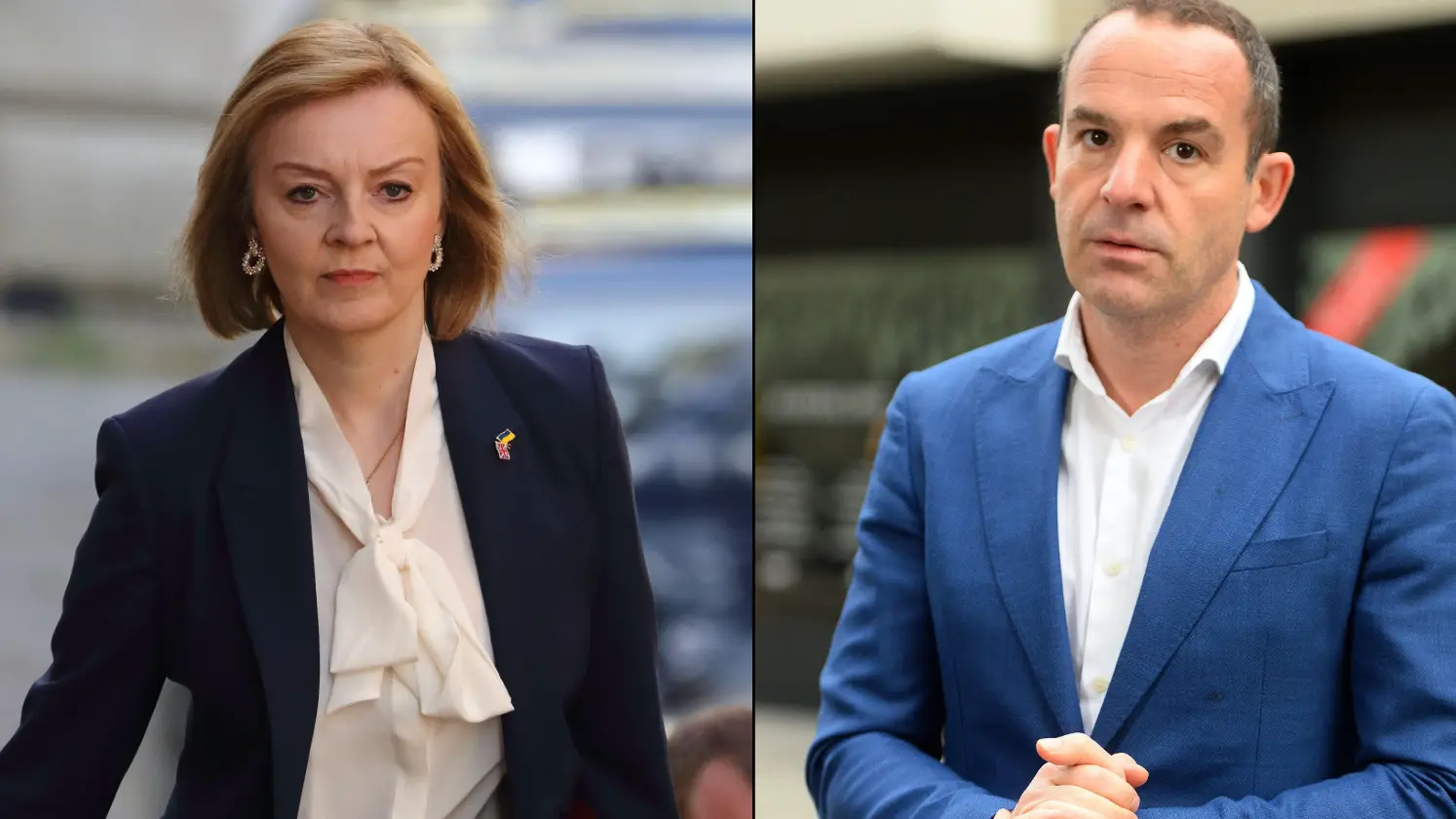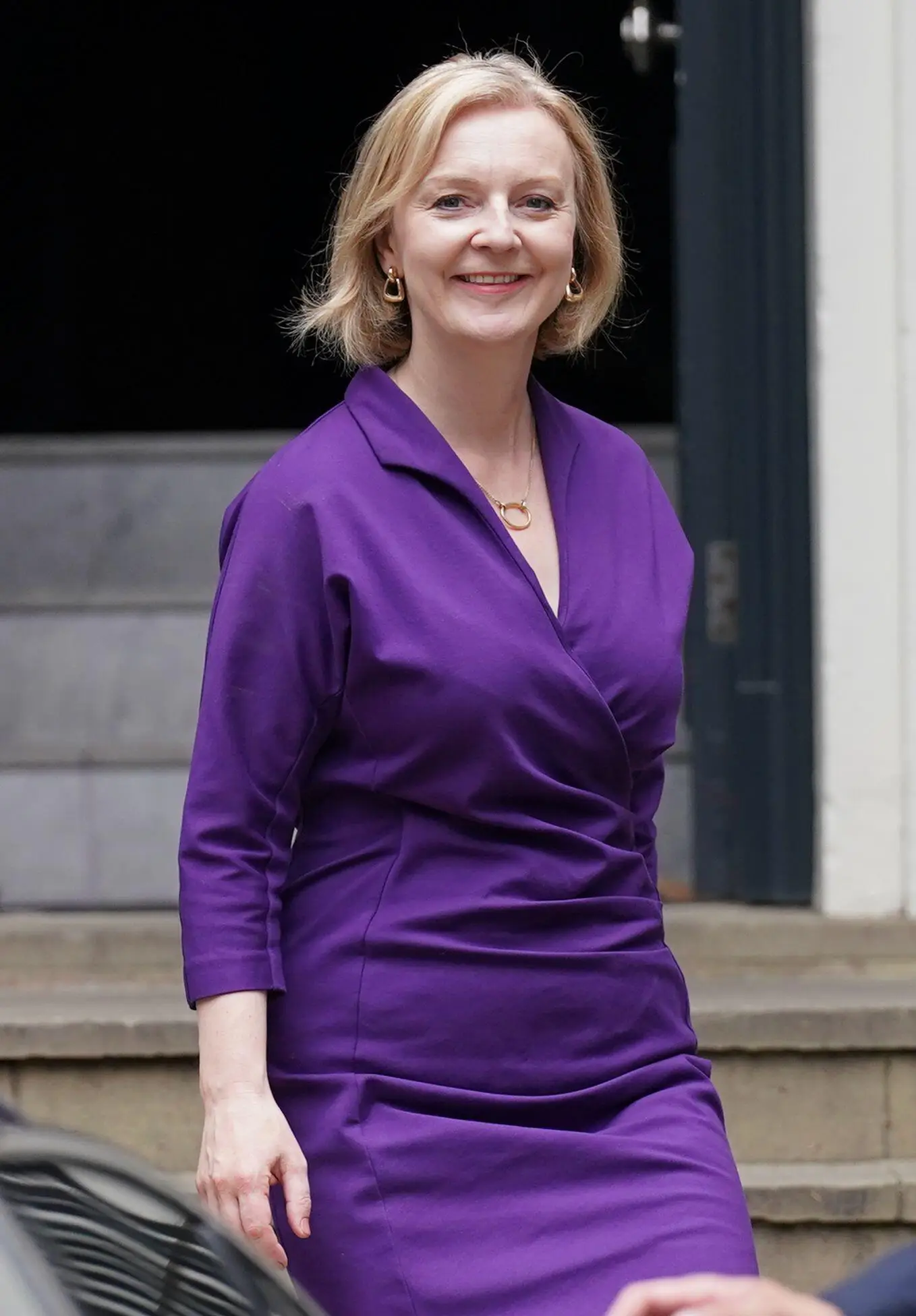
Martin Lewis has explained what the energy price cap freeze really means for people.
Liz Truss announced today (8 September) that the government was bringing a halt to the rise in energy bills from next month.
From 1 October, the price cap was set to rise from £1,971 to £3,549 a year in October, which represents an 80 percent hike.
However, during a session in the House of Commons this afternoon, the new prime minister confirmed that no household in the country would pay more than £2,500 for the next two years.
Advert
Announcing the support, she said: "This Government is moving immediately to introduce a new energy price guarantee that will give people certainty on energy bills, it will curb inflation and boost growth.
"This guarantee, which includes a temporary suspension of green levies, means that from 1 October a typical household will pay no more than £2,500 per year for each of the next two years while we get the energy market back on track.

"This will save a typical household £1,000 a year. It comes in addition to the £400 energy bills support scheme.
"This guarantee supersedes the Ofgem price cap and has been agreed with energy retailers."
Following the announcement, the Money Saving Expert shared a tweet, explaining what this news actually means for households up and down the country.
In a 15-point post, he said: "The new price guarantee starts 1 Oct, and for someone on typical use will be £2,500/yr and it will last for two years.
"The current price cap is £1,971/yr rate at typical use, and was due to rise to £3,549 (and likely £5,400 in January). It was £1,277/yr last winter.
"This will be a cap on standing charges & unit rates, so use less you pay less, use more you pay more (I'll publish the rates when I have them). There is not total cap on what you pay, the typical rate is just a figure for illustration.
"The new lower price cap includes getting rid of the green levies.
"The £400 payment to all homes (paid as £66 a month over winter) will continue.
"That will take the average payment to £2,100/yr 7. To estimate what you'll pay, over a year, multiply current costs by 6.5% (each £100 becomes £106.50) this includes the £400 discount (but not other payments).
"For those with lower than typical bills, the % increase will be lower, for higher users higher (as the £400 payment is flat regardless of use, so has a bigger proportionate reduction on lower usage).
"The £650 payments to those on many benefits will continue (half's already been paid).
"As will the £150 to those with disabilities and £300 to pensioners.
"There's no announcement on whether these payments will be in place next winter, suspect the political reality is at least for benefits recipients, similar will be paid next year.
"VAT is not being reduced in this announcement, but there is a chance (50 – 50 I'd say) that may happen in the Chancellor's fiscal statement next week.
"For those on LPG and heating oil there I'm told there will be discretionary payments to help them too (awaiting details).
"For those in park homes and who pay landlords directly, I'm told they should benefit from the new business help (awaiting details).
"Those on fixes, can either stay on them, or can leave and switch to the new state subsidised tariffs with no exit penalties."
Topics: Politics, Martin Lewis